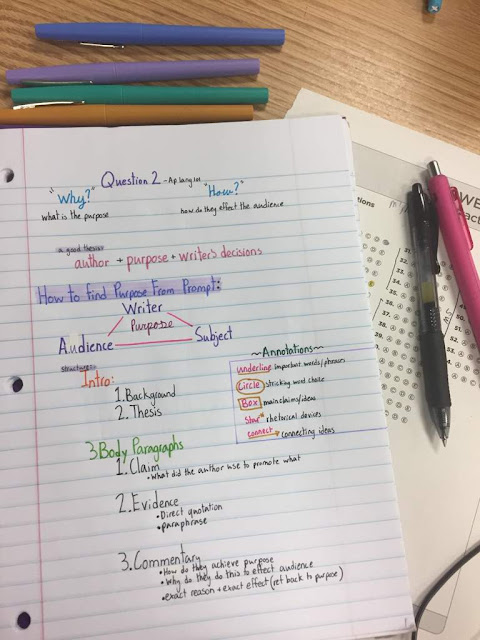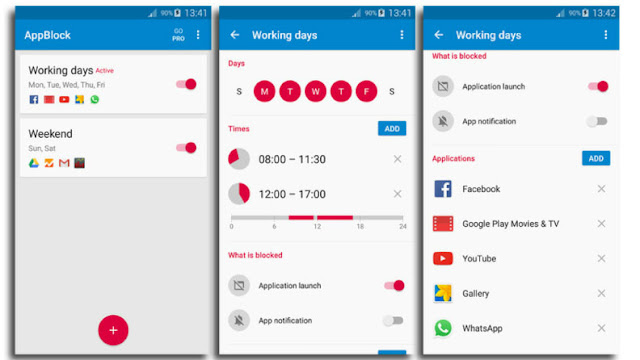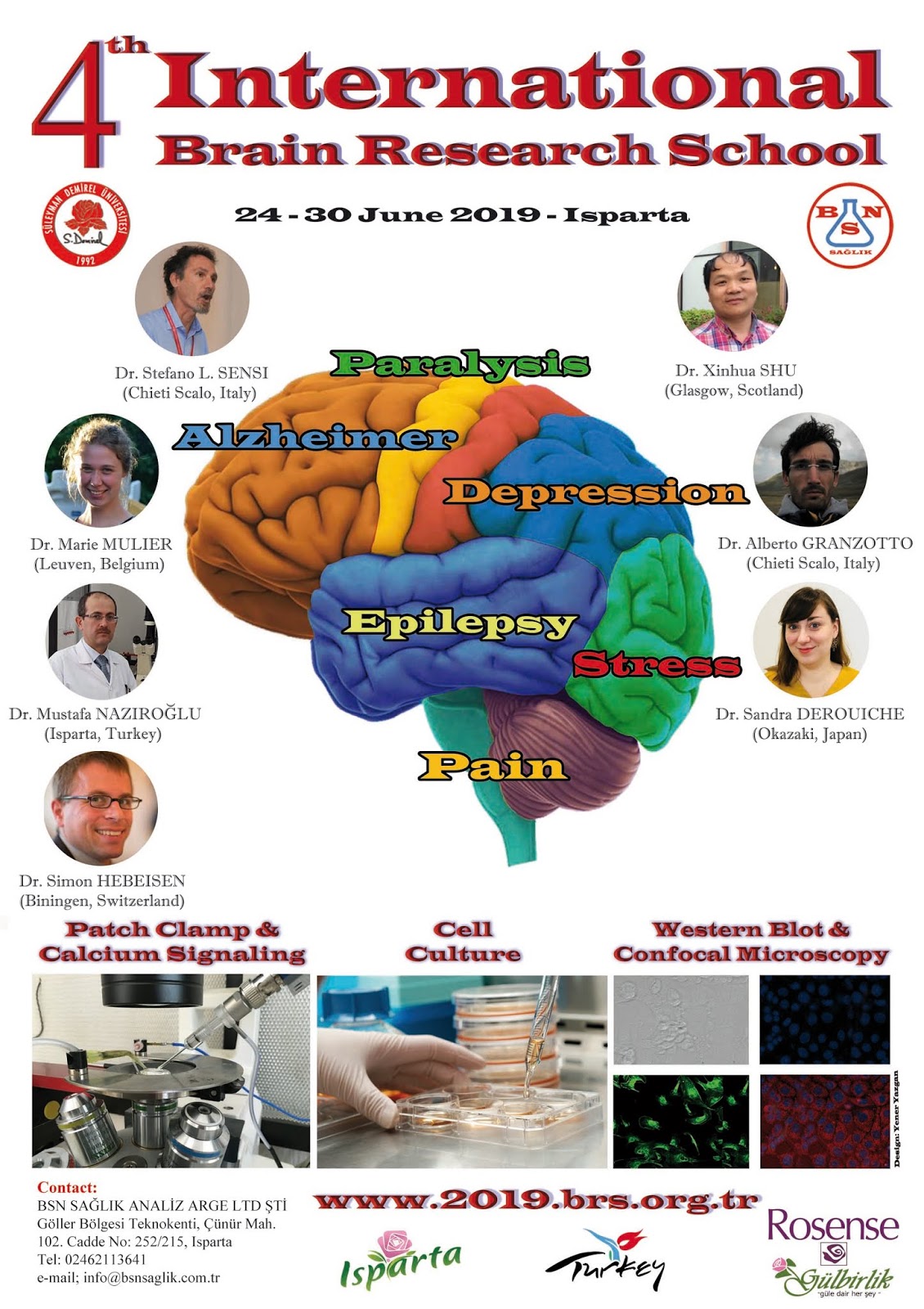ONLINE AND FACE-TO-FACE STUDY TECHNIQUES FOR STUDENTS
Learning online has particular challenges for students. It has been found in several studies that online courses differ from face-to-face ones in a number of aspects, so do the study techniques!
Here is a list of practical advice for those students who target remarkable success in their studies.
1. Know course/instructor expectations and the syllabus:
Knowing what the instructor expects of you is especially important for an online course. You will need to read the syllabus carefully and keep up with course announcements. Examine every course you take, its goals, the syllabus, and try to understand what the course expects you to achieve and gain in terms of life skills. MAKE A LIST of these.
2. Establish a Good Study Space Find a quiet place with a good internet connection, access to power, and freedom from distraction. Ideally, this would be a place you can ONLY VISIT for the course-taking aim.
3. Stay Organized with your lecture notes, books and materials. Plus, use your desk in an organized way, take the cups and glasses and everything to the kitchen, do not keep them on the desk while studying. Additionally, don’t wear TOO casual or house style such as pajamas and so on.
4. Note-taking (Annotating): Take notes during the lectures/classes.
Color coordinating or highlighting your notes and reading materials works well for all learners. Annotating is the skill of taking effective notes as seen in the photos. Main and supporting ideas, compare-contrast / cause-effect points.
5. Be An Active Learner and Challenge Your Instructors/Professors/TAs by asking relevant questions, and always make effort to collaborate, pair up, discuss with your peers during the lessons. Make your learning journey an active and fruitful one.
6. Use apps: Time trackers, website visit blockers.
FOCUS APP: A motivational quote will stop you when you jump out of your study screen.
Sometimes you need a little motivation to be productive. Focus is an app that blocks distracting websites such as Facebook and Reddit on all browsers for a certain amount of time. When you do try to visit these sites, a motivational quote appears instead—giving you that extra push to actually get your work done.
(APPS: FOCUS, APPBLOCK, MOMENT)
7. Reward yourself with tea, coffee, desert and fruit breaks.
8. Learning Communities / Collaborate and Connect out of class with your instructors/TAs and e-classmates regularly. Ask/Write any question you have, take note when confused with a point to ask for it later. Zoom with your e-classmates in the evenings to compare and discuss what you’ve learned.
9. Spaced practice is crucial. Study your notes with regular intervals, the previous day, the previous week and so on to have deep learning.
10. Self-testing / Peer-testing / Peer-checking is more effective than re-reading textbooks or notes when not comprehending the course components.
11. Active and Guided Reading improves comprehension and retention: preview the reading to get a sense from the headings of what you will be learning, formulate questions as you read, reflect and summarize in your own words at the end. Organize material in a meaningful way, synthesizing, summarizing, and mapping it rather than just re-reading and highlighting it. This works best when adapted to your particular course, text, and reading goals.
What is the topic?
What does the introduction say?
What are the conclusions?
Make connections between main ideas and supporting details. Crosscheck different courses and try to see what they have in common, how they can help you in real-life problems. Then, discuss with your classmates.
12. Plan backward: if a paper is due Friday, I need to proofread it on Thursday, which means I need to have a final draft on Wednesday, so my rough draft on Tuesday, so my outline and planning need to be done by Monday. Whatever that looks like for YOU.
13. Find blocks of time that you might be unproductive: When that specific time is not helpful, don’t push the limits, give a break and use that space for family time, music, resting, news, social media and so on.
14. Schedule in healthy habits. Sleep well, do 30-min exercise every day.
15. Self-reflect each day, each project, each week, each term.
What have I done to prepare for my classes?
How did I learn effectively during the class?
Did I meet my goals?
Why or why not?
What can I do better next time?
Set new goals.






































Comments
Post a Comment